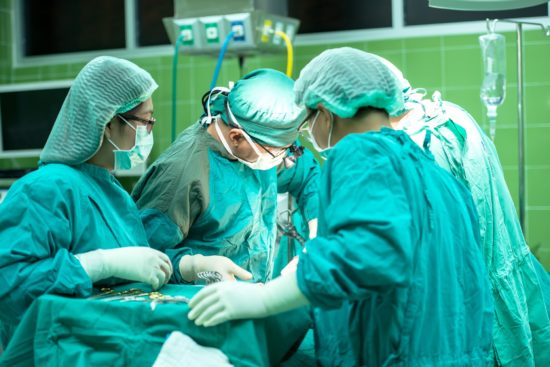New defence against ‘superbug’ infections
Tiny implanted 3-D printed scaffolds infused with antibiotics could revolutionise the way doctors prevent deadly ‘superbug’ infections post-surgery, saving lives and long hospital stays.
QUT Institute of Health and Biomedical Innovation biomedical engineer Dr Phong Tran said insertion of any foreign body whether an implant or a prosthesis such as a hip joint was recognised as a major contributing factor to infections by the bacteria Staphylococcus aureus known as “golden staph”.
“Some of these bacteria have evolved into a ‘superbug’ due to exposure to sub-therapeutic levels of antibiotics,” said Dr Tran, from QUT ARC Industrial Transformational Training Centre in Additive Biomanufacturing.
“This could allow surgeons to implant pre-made scaffolds with antibiotics in the operating theatre, which are personalised to specific patients and surgical scenarios.”
Dr Tran said this new approach could be used for other bacteria such as E-coli and Pseudomonas aeruginosa which are often found in infected implants, such as new hip joints, and prostheses.
“When patients have an infection at an implant site, surgeons often do ‘revision surgery’ to ‘clean out’ the infection,” he said.
“This new technique could allow them to tailor the type of antibiotics and doses for the specific infection and deliver it directly at the infection site, therefore it would be highly effective.”
“The scaffolds, too, would be made personalised to the specific surgical site and procedure.”
Dr Tran said the new 3D scaffolds were printed with a biodegradable, medical-grade, FDA-approved polymer, and antibiotics were added by simply soaking the scaffolds in antibiotic solutions.
Source: QUT University



